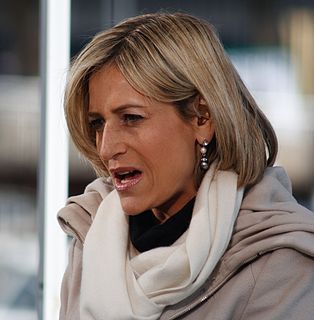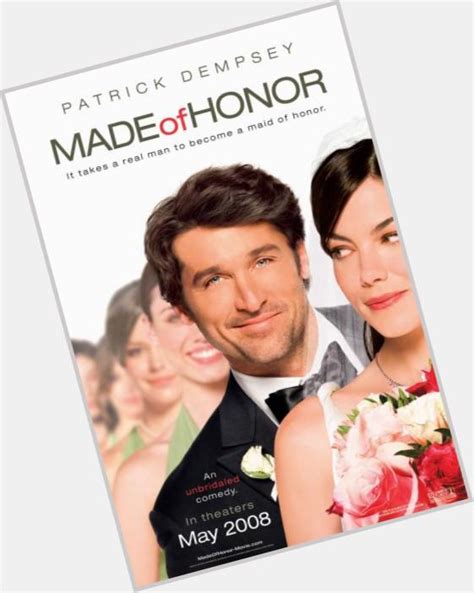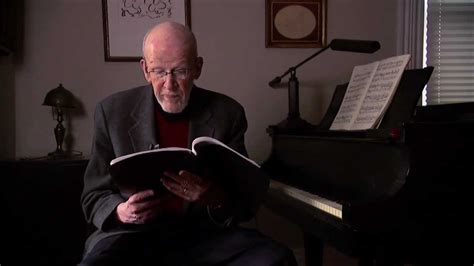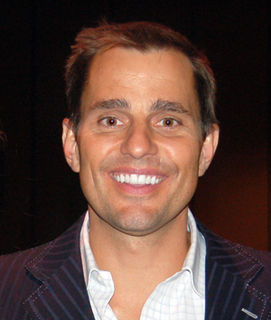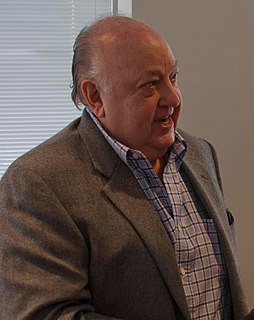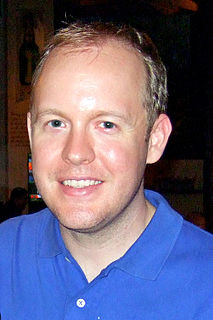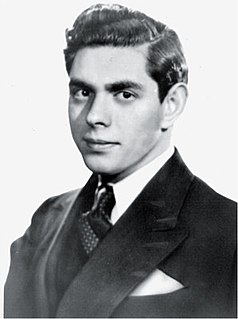A Quote by Emily Maitlis
I have to listen to the midnight news and I have to see if any of my interview lines have been picked up.
Related Quotes
I'm confused about who the news belongs to. I always have it in my head that if your name's in the news, then the news should be paying you. Because it's your news and they're taking it and selling it as their product. ...If people didn't give the news their news, and if everybody kept their news to themselves, the news wouldn't have any news.
I've always been - as a teacher, as graduate student, as a student, and I think, really, as a child - I've been interested in poems, but not so much for what the take home pay is, what you might sum up from them in moral or intellectual terms or whatever, but what's in the certain lines and how lines relates to other lines.
In the mid-1970s, there was this huge boom of stand-up comedy throughout North America. I went to see a show at a club called Yuk-Yuks, in Toronto, and I was just fascinated. I ended up coming back for amateur hour on a Monday at midnight and got up there without any thought as to what might come of it.
Now your kids can't escape. Thirteen-year-olds back then, if they didn't watch the evening news, they didn't see news. If they didn't watch the 6:30 or seven p.m. news, they didn't see news. Today younger people have much more access to that kind of hard news than you did when you were 13 back then.
For a long period of time, the media covered rap music and hip hop the same way they cover a lot of black people, people of color, you know, the bad news happens to be news. They used to have these little stupid colloquialisms that pop up like, "You know what? No news is bad news!" They trick the masses into thinking that any news is great for you. And I just think that's a piece of crap.
